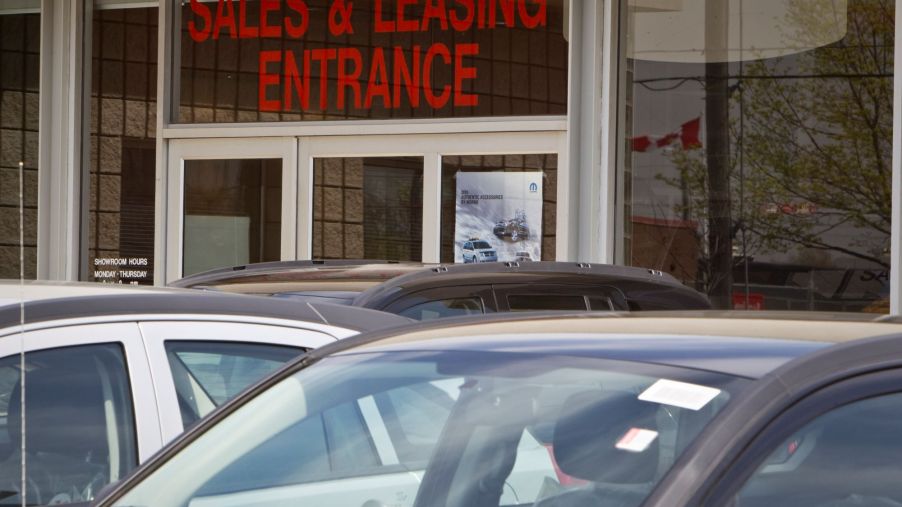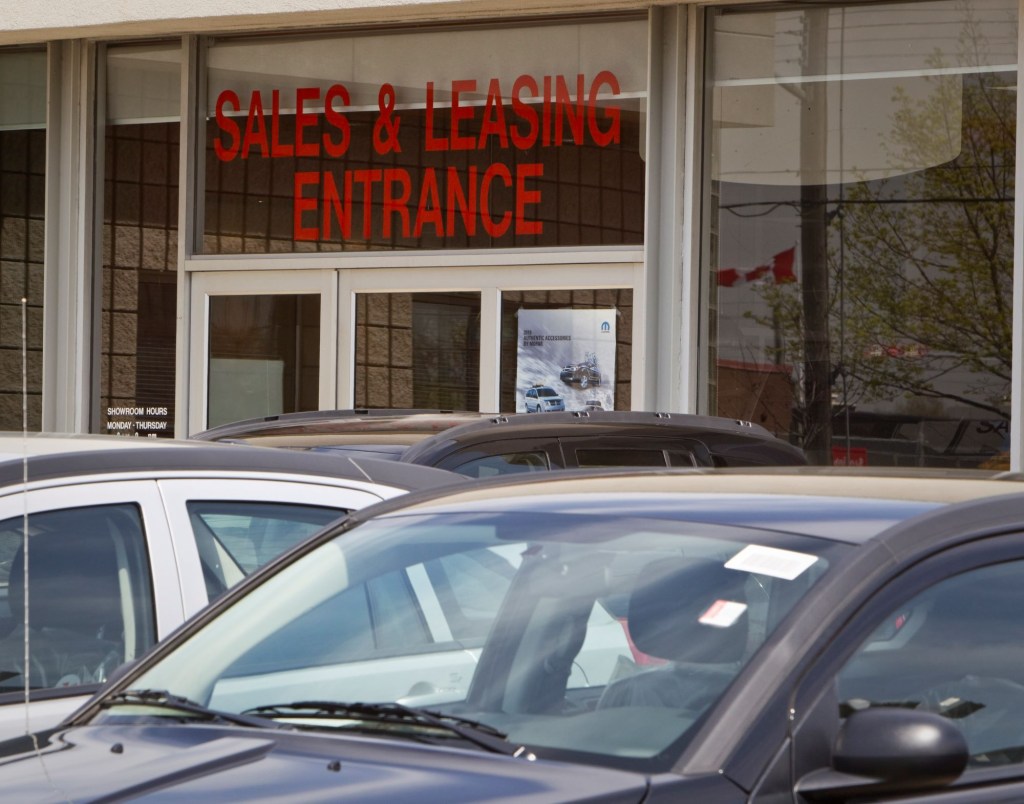
Your Car Lease Expires Soon — What Should You Do?
Opting to lease a vehicle instead of buying it is a much cheaper choice for those who qualify. Instead of paying for the whole car, you’ll be leasing it, or making payments based on the car’s value for a specified amount of time, usually three years.
According to Springfield News-Sun, more drivers are choosing to give leasing a try. Those who lease or are considering leasing have a few questions about the process, especially about what happens when the lease is about to be done. Let’s see what you need to know before your lease ends.
What do potential lessees want to know?

One of the most popular questions people ask is where they should return the vehicle when the lease is up. You might be surprised to hear that you can actually return it to any dealer that’s authorized for that particular brand. For example, if you leased a Ford, you need to go to a dealer that deals with Ford vehicles. However, you might want to return it to the dealer that leased the car to you if you choose to buy it.
The other question dealers often get concerning car leases is whether there will be more fees when you turn the vehicle back in. This depends on the lease agreement that you signed. Often, people will pay a turn-in fee, but that could be waived, in some cases, if you lease another vehicle from the same manufacturer.
The biggest fees come from the inspection the dealer performs when you bring back the vehicle. If there’s more wear and tear, or extra mileage that exceeds what’s allowed in the lease agreement, you’ll pay extra to compensate for it. It’s best to keep the vehicle in good shape and avoid using it for trips that eat a lot of miles. There could also be a fee if you turn in the leased vehicle earlier than the expiration of the lease.
What are your options when a car lease is about to expire?
If you leased a vehicle and the agreement is about to expire, there are a few options you can take for the next step. The first one is obvious: turning it in, paying any fees necessary, and walking away from the deal. Many people choose to do this if they don’t like the car they leased or want something different.
You can also extend the lease agreement if you like the car but aren’t ready to buy it. If you want something different, you can find another car to lease. You don’t have to use the same dealer, especially if you want to try another brand.
One little-known option is to try to transfer your lease to someone else before your agreement expires. According to Money Crashers, it’s not often used, but it’s an idea that appears to be gaining attention. You won’t need to pay any extra money if you can get someone to take it over before your contract expires. The last option will be to purchase the vehicle if you really love it and want to keep it.
Finding the value of the car if you choose to purchase it afterwards?
If you choose to buy the vehicle once your agreement is up, you will need to know its residual value. In your agreement, there should be a price that the dealer sets that lets you know how much you can purchase the car for at the end of the agreement period. The next thing you need to determine is what the true value is for the car, according to CarPro USA.
It’s not recommended to check online value checkers, like NADA or Kelley Blue Book. While they can give you an idea of what your vehicle might be worth, it’s not going to help for true value. This is the price that someone is willing to pay for it, which could be higher or lower than those online checkers tell you. Instead, consult a used car manager to see what they would be willing to buy it for. Once you know what they’re willing to pay and what the residual value is, you can determine if buying it is worth it for you.
If the true value and residual value are close to the same price, you’re good to go. You can buy it if you choose without worrying about overpaying. However, if the residual price is much higher than the true value is, you will need to decide if it’s worth paying extra to have it.
Leasing is a good way of trying out a vehicle that you’re just not sure if you want to commit to purchasing. You can make payments for a few years, and once the agreement expires, you have the choice of buying it, trading it in, or just handing it back and leaving the dealer without the extra hassle buying a car sometimes brings.


